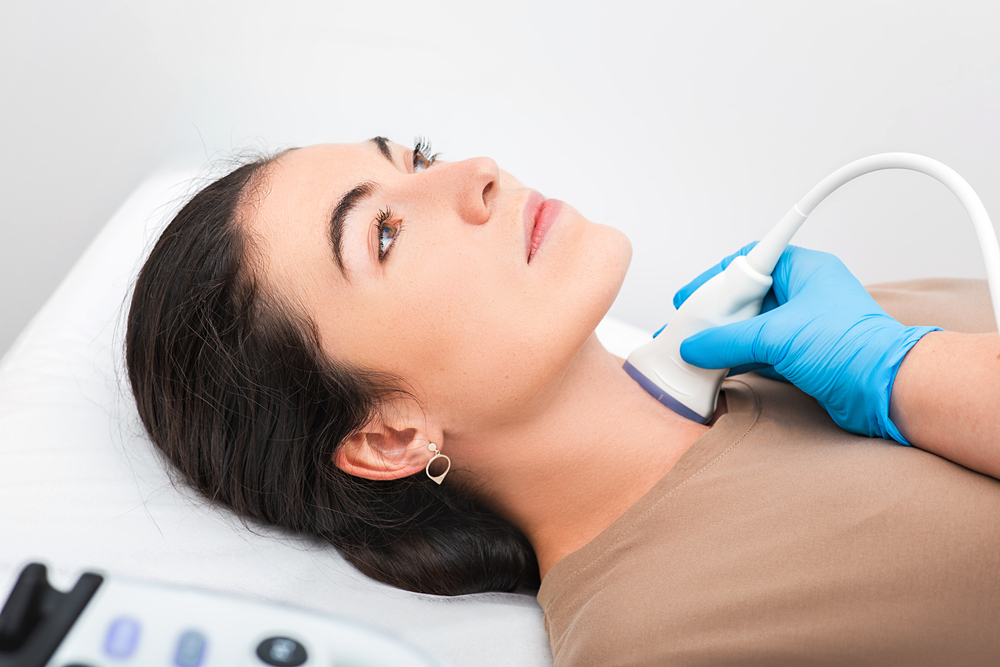

Hypothyroidism is a condition where the thyroid gland does not produce enough thyroid hormones. This gland plays a crucial role in the body. When it's underactive, as in the case of hypothyroidism, it affects various bodily functions, resulting in a variety of symptoms. Early diagnosis and treatment of hypothyroidism can prevent many health complications, underscoring the importance of understanding this condition.
Recognizing Hypothyroidism: Symptoms to be Aware of
Recognizing hypothyroidism can be tricky because its symptoms often mimic those of other conditions. They are also usually subtle in the early stages and tend to develop gradually over time. The most common symptoms include fatigue, weight gain, cold intolerance, constipation, dry skin, thinning hair, and depression. It's important to remember that these symptoms can vary significantly from person to person, depending on the severity of the thyroid hormone deficiency.
Additionally, some individuals with hypothyroidism may experience joint or muscle pain, heavy or irregular menstrual periods, fertility problems, or a slowed heart rate. Some may also have high cholesterol levels, which can lead to heart disease if left untreated.
Why a Comprehensive Thyroid Evaluation is Critical
A comprehensive thyroid evaluation is of utmost importance in diagnosing and managing hypothyroidism. This evaluation typically involves a detailed medical history, a physical examination, and blood tests. These tests measure the levels of thyroid-stimulating hormone (TSH) and thyroxine (T4) in your blood, which can confirm a diagnosis of hypothyroidism and help determine its severity.
A comprehensive thyroid evaluation also helps in identifying the underlying cause of hypothyroidism. It can also identify other conditions associated with hypothyroidism, such as heart disease and high cholesterol levels.
Another critical aspect of a comprehensive thyroid evaluation is that it aids in formulating an effective treatment plan. The results provide valuable insights into your thyroid function, which can guide your choice of treatment. This tailored approach helps ensure that you receive the most suitable treatment for your specific needs.
Hypothyroidism Treatment
Treating hypothyroidism isn’t a one-size-fits-all approach. Depending on the cause and severity of a patient’s hypothyroidism, treatment may include medication that restores thyroid hormone levels. Levothyroxine and liothyronine (T4 and T3) may be used to alleviate hypothyroidism symptoms. It’s important to note that adequate intake of iodine, selenium, and magnesium is essential for optimal thyroid function. Additionally, if Hashimoto’s thyroiditis or leaky gut syndrome is the cause of a patient’s hypothyroidism, diet modifications and thyroid hormone replacement medications will likely be recommended.
At 22 Health & Hormone, we provide comprehensive thyroid evaluations for successful hypothyroidism treatment. Our personalized treatment plans are based on your needs and health status.
We understand that managing hypothyroidism requires a long-term commitment, as treatment typically involves lifelong hormone replacement therapy. We ensure regular follow-up appointments to monitor your thyroid function and adjust your medication as necessary.
Taking Control of Your Health
Managing hypothyroidism requires a comprehensive understanding of the condition, its symptoms, and the importance of a comprehensive thyroid evaluation. It also involves exploring various treatment options based on your specific needs and health status. With the right approach and help from the specialists at 22 Health & Hormone, you can effectively manage hypothyroidism and lead a healthy life.
Don't let hypothyroidism control you. Take control of your health with 22 Health & Hormone in our Altamonte Springs, Florida, office. Call (312) 972-6159 to schedule a comprehensive thyroid evaluation today and begin your journey to wellness.




